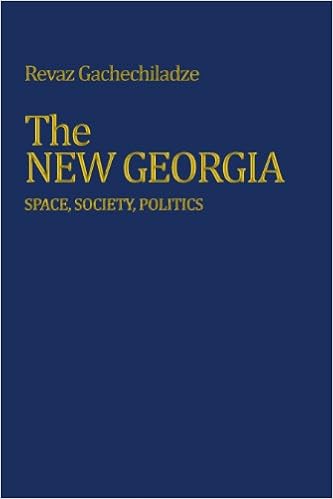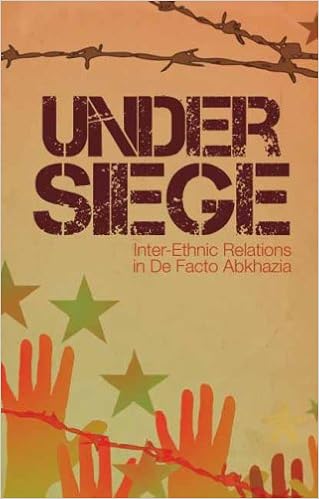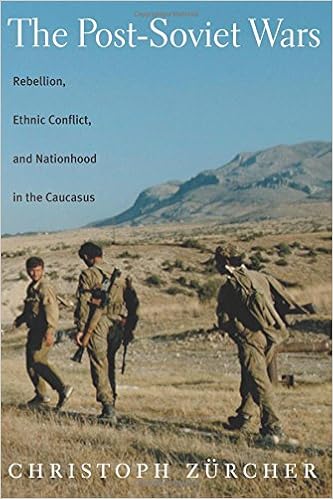 After the collapse of the socialist political system that had glued the Soviet Union together, two dozen nations re-emerged on the world stage 다운로드. The New Georgia presents both a broad and an intimate view of society in one of those nations, a country previously best known to the West as the home of the infamous Stalin 다운로드.
After the collapse of the socialist political system that had glued the Soviet Union together, two dozen nations re-emerged on the world stage 다운로드. The New Georgia presents both a broad and an intimate view of society in one of those nations, a country previously best known to the West as the home of the infamous Stalin 다운로드.
Composed by candlelight and typed during short intervals when electricity was available, the book begins with general geographical and historical background of this country, sitting precariously at the political crossroads of eastern Europe and western Asia 다운로드. Part I also includes sections on many aspects of social geography, including population and family dynamics, education, employment, class stratifications, housing, ethnicity, and religion 강남화타.
Part II analyzes the specific issues of a rapidly changing society, including the sudden transition to a market economy, regional variations in welfare, crime and drug abuse, urban-specific problems, and ethnic tensions 다운로드. Despite the maze of problems in post-Soviet Georgia, Gachechiladze concludes hopefully that “Georgia will come closer to the way of development that all progressive countries of the West have 다운로드. . . .
Gachechiladze, R. (1995). The New Georgia: Space, Society, Politics. London: UCL press.
See on books.google.com; Available at Amazon.com

 After the collapse of the socialist political system that had glued the Soviet Union together, two dozen nations re-emerged on the world stage
After the collapse of the socialist political system that had glued the Soviet Union together, two dozen nations re-emerged on the world stage  Located in the northeastern corner of the Black Sea, Abkhazia was once part of Georgia but broke away from the country after the fall of the Soviet Republic
Located in the northeastern corner of the Black Sea, Abkhazia was once part of Georgia but broke away from the country after the fall of the Soviet Republic  The Post-Soviet Wars is a comparative account of the organized violence in the Caucusus region, looking at four key areas: Chechnya, Armenia, Azerbaijan, Georgia, and Dagestan
The Post-Soviet Wars is a comparative account of the organized violence in the Caucusus region, looking at four key areas: Chechnya, Armenia, Azerbaijan, Georgia, and Dagestan